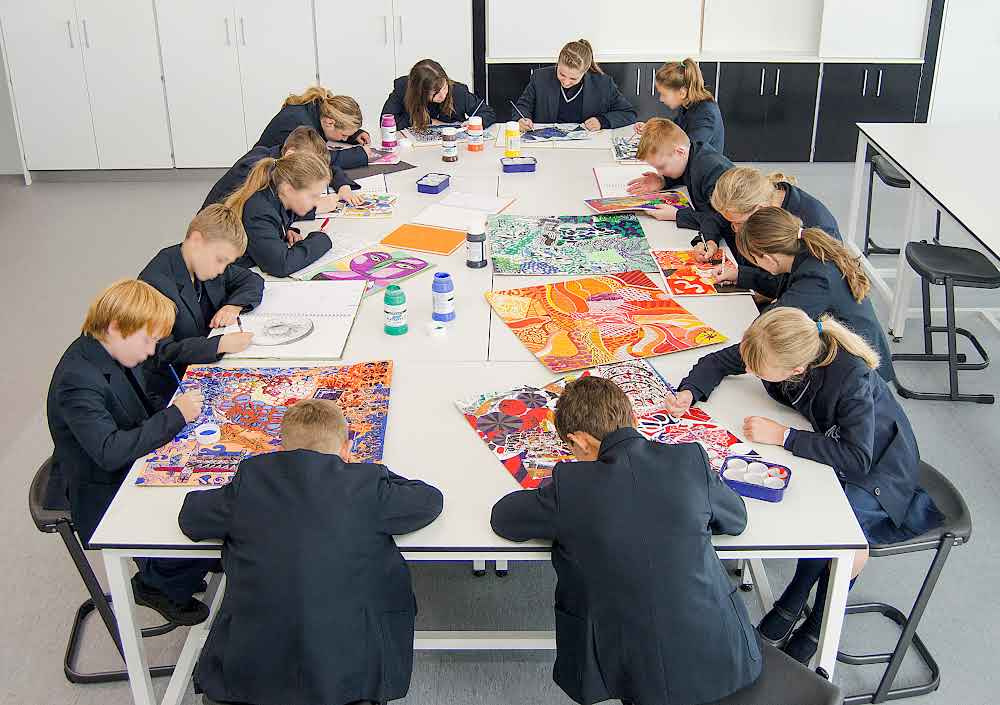

New ways of knowing through the arts
After 20 years in the teaching profession, I continue to marvel at the work of arts educators who inspire and enrich children and young people in distinctive and creative ways.
Arts subjects offer a counterpoint to much of the school curriculum. Children can discover, imagine and foster the creativity often squeezed out of the rest of the curriculum. When I interviewed students about why the arts mattered to them, many cited it as the only place in their school day where they could express themselves, to be who they really are and to support their mental wellbeing.
Curriculum became a hot topic when Ofsted (under a previous Chief Inspector’s leadership) made it a priority for their inspection framework. Curriculum conversations erupted. A huge body of teacher-developed work now exists that seeks to understand and further a conversation around curricula, particularly curriculum approaches that are knowledge-rich.
This knowledge-richness caused some challenges for the ways of knowing in the arts. Arts subjects offer a spectrum of what it is to know something. In fact, probably all subjects have ways of knowing beyond what could be deemed facts and information that can be written down. The embodied knowledge and experience of the arts became difficult to justify amid a pursuit of the knowledge-rich, though many of us have attempted to shape an argument where the ways of knowing in the arts can be valued. I think, increasingly, they are.
But this battle has not been won by all. There are schools and trusts that rate the idiosyncratic ways of knowing (and being) in the arts lower than the ways of knowing in other subjects.